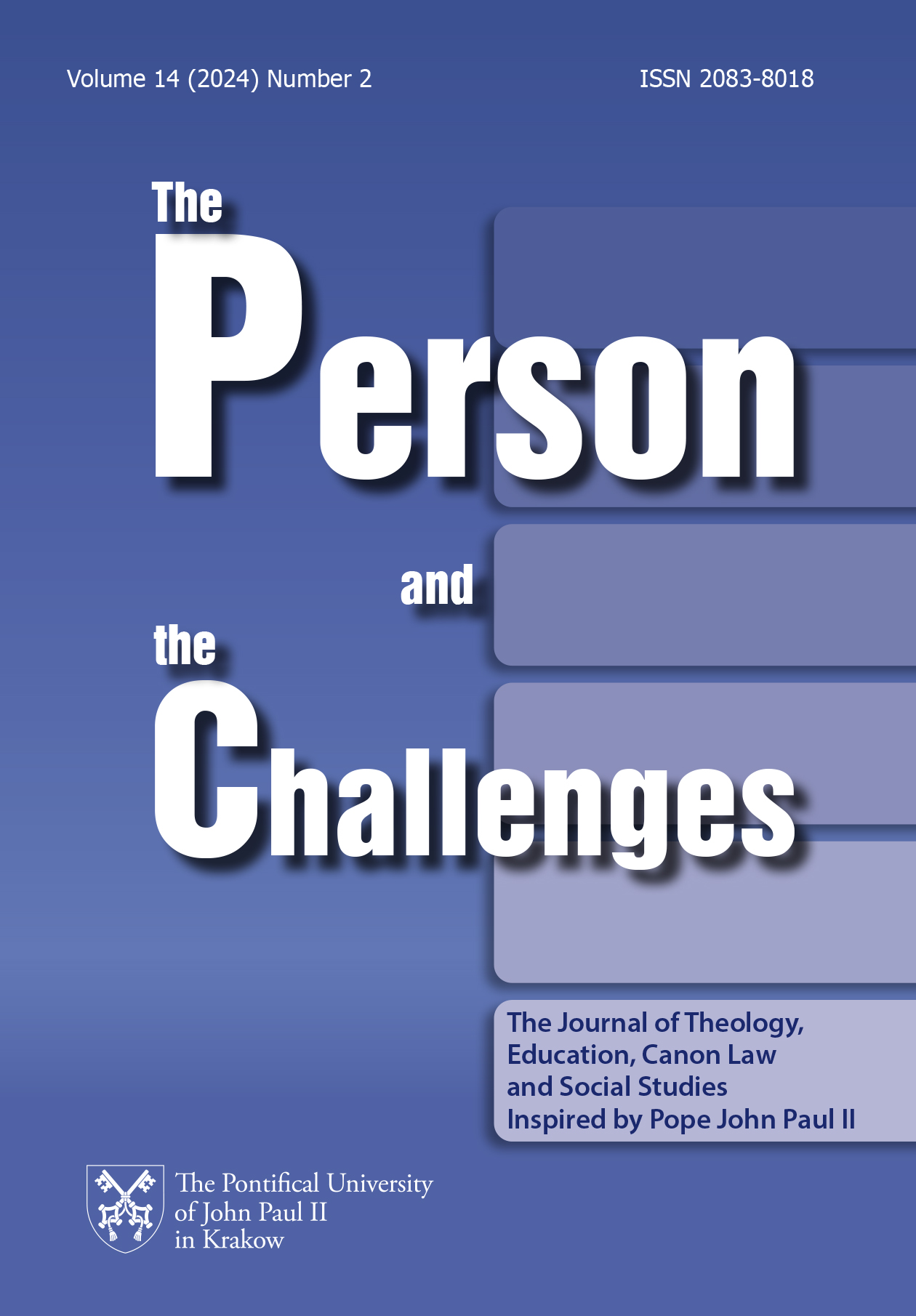The crisis of truth, and Its impact on human actions
DOI:
https://doi.org/10.15633/pch.14201Keywords:
human moral conduct, metaphysics, the truth of all things, modern philosophy, ontology, enlightmentAbstract
Not only does Moral Theology tell us what we should do, but it also provides the reasons why we should do some things and avoid others. Over the centuries Christians paid attention to God’s creatures because they realised that He speaks to us through them and reveals His will as well (Rom 1). This issue also became the object of metaphysical inquiry. The concept of the truth of all things explained how man gets knowledge about God’s will through his creatures, which he subsequently should take into account in his moral conduct. The Enlightment proclaimed human freedom from religious beliefs and restrictions. Its philosophy, known as modern philosophy, tried to „conquer” metaphysics and the notion of the truth of all things. This paper presents these efforts and their consequences.
References
Gregory B. S., The Unintended Reformation. How a Religious Revolution Secularized Society, Cambridge, Massachussets, 2012, wyd. The Belknap Press of Harvard University Press.
John Paul II, Encyclical Letter Fides et ratio, Rome 1998, https://www.vatican.va/content/john-paul-ii/en/encyclicals/documents/hf_jp-ii_enc_14091998_fides-et-ratio.html (20.03.2024).
Jones M. E., Degenerate Moderns. Modernity as Rationalized Sexual Misbehavior, San Francisco 1993, wyd. Ignatius Press.
Krąpiec M.A., Czym jest filozofia klasyczna?, „Roczniki filozoficzne” 45: 1997, n. 1, pp. 156–165.
Maryniarczyk A., Odkrycie wewnętrznej struktury bytów, Lublin 2006, wyd. Polskie Towarzystwo Tomasza z Akwinu.
Maryniarczyk A., Metafizyka a ontologie. Próby przezwyciężenia metafizyki i ich paradoksy, Lublin 2015, wyd. Polskie Towarzystwo Tomasza z Akwinu.
Pieper J., Reality and the Good, in: Living the truth, San Francisco 1989, wyd. Ignatius Press, pp. 107–179.
Pieper J., The Truth of All Things, in: Living the truth, San Francisco 1989, wyd. Ignatius Press, pp. 5–106.
Possenti V., Powrót do bytu. Pożegnanie z metafizyką nowożytną, Lublin 2020, wyd. Polskie Towarzystwo Tomasza z Akwinu.
Slade F., Was Ist Aufklärung? Notes on Maritain, Rorty, and Bloom With Thanks But Not Apologies to Immanuel Kant, in: The Common Things: Essays on Thomism and Education, D. McInerny (red.), Washington, DC 1999, wyd. American Maritain Association, pp. 48–68.
Stenmark M., What is scientism?, “Religious Studies” (1997), vol. 33, no. 1, pp. 15–32.
Downloads
Published
Issue
Section
License
Copyright (c) 2024 Tomasz Kraj

This work is licensed under a Creative Commons Attribution 4.0 International License.
Authors who publish with this journal agree to the following terms:
- Authors retain the copyright and full publishing rights without restrictions, and grant the journal right of first publication with the work simultaneously licensed under a Creative Commons Attribution 4.0 International License that allows others to share the work with an acknowledgement of the work's authorship and initial publication in this journal.
- Authors are able to enter into separate, additional contractual arrangements for the non-exclusive distribution of the journal's published version of the work (e.g., post it to an institutional repository or publish it in a book), with an acknowledgement of its initial publication in this journal.
- Authors are permitted and encouraged to post their work online (e.g., in institutional repositories or on their website) prior to and during the submission process, as it can lead to productive exchanges, as well as earlier and greater citation of published work (See The Effect of Open Access).

